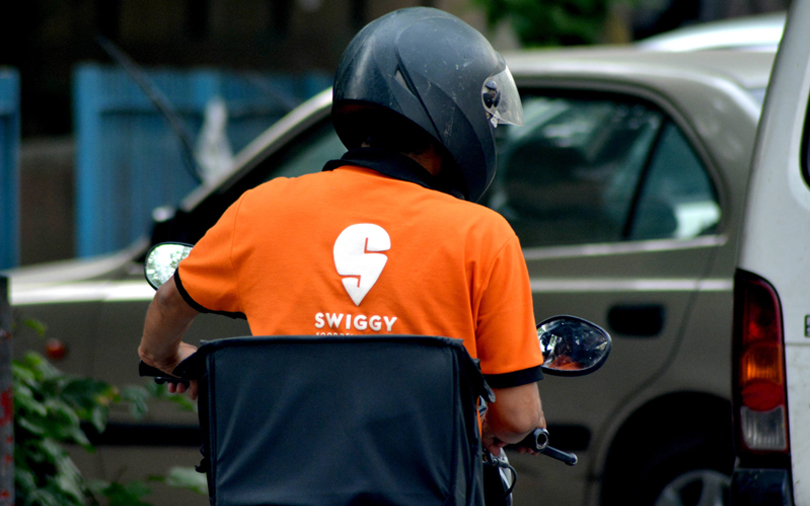Food delivery giant Swiggy is preparing to launch a quick delivery service for groceries. It is set to deliver grocery products and daily essentials within 45 minutes. The delivery service ‘Instamart’ will procure and deliver via local stores.
Gurugram will be the first city to launch the Instamart service. During the lockdown, the app offered delivery of groceries and other products from local Kirana stories. The COVID-19 lockdown has pushed the need for online delivery of essential services.
Instamart’s launch comes at a time when the pandemic has made the delivery of essential products mainstream for businesses. This has led to new players dominating the market and older players spreading their services.
Flipkart Quick is a new entry in the business. Amazon, Grofers, Big Basket, and Dunzo are now focusing on the instant delivery model along with spreading their operations. They also aim at reaching new essential businesses to support their model.
Reliance also entered the grocery business with the launch of JioMart. The company is delivering to more than 200 Indian cities and is expected to give a tough competition to other players.
The Facebook-Jio deal could be a turning point as Reliance will gain access to the Indian Whatsapp user base. This could help the company expand its business to 400 million active Indian users. In May, the company launched a pilot program ahead of JioMart taking grocery orders on WhatsApp.
Swiggy has already launched a pilot hyperlocal delivery service through virtual stores called Urban Kirana. Gurugram and Bengaluru offer services through virtual stores. The new express delivery service will be an advantage for the company.
Among the existing players, JioMart has emerged to become the largest e-grocer in daily orders. Reliance-owned JioMart claims it has crossed nearly 4 lakh daily orders. BBDaily, the Bigbasket micro delivery platform serves around 3 lakh orders a day.
Zomato pushed grocery delivery during the first phase of lockdown. However, the company scaled down its business last month.
The lockdown has reshaped India’s retail ecosystem. Kirana stores have played a significant role in maintaining a regular supply of essential goods. Shop owners are now showing signs of partnering with these hyper delivery companies.
They believe that the online delivery model will help them grow and reach out to new customers. Owners of these stores are taking measures to keep up with the new digital model of delivery, helping them expand.
According to a survey by analyst firm EY, 20 percent of Kirana store owners in both metro and non-metro areas are now leveraging online platforms for the supply of goods and assistance in delivery.
Coronavirus lockdown has helped consumers evolve. Those who earlier preferred visiting supermarts to buy goods are now visiting Kirana stores more often. Due to the COVID-19 pandemic, people are preferring to buy products from nearby stores.
EY’s survey revealed that the number of consumers visiting local stores in both metro and non-metro areas has increased by nearly 79 percent and 50 percent. “These are consumers who would earlier shop online or from supermarkets and are now preferring to buy from local Kirana stores to avoid long queues and there is a semblance of trust and traceability,” said EY in the survey.

